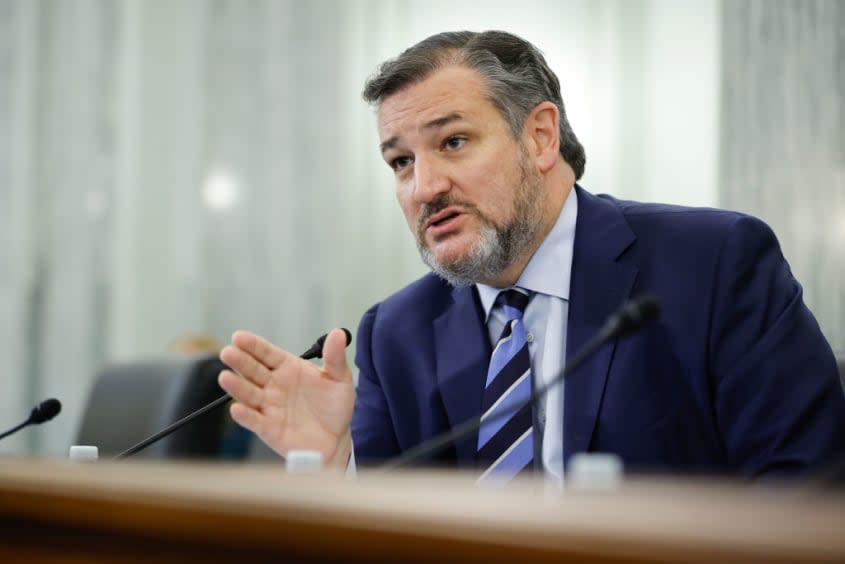Cruz and Schumer strike deal on ambassadors, Russian sanctions bill

- Oops!Something went wrong.Please try again later.
- Oops!Something went wrong.Please try again later.
- Oops!Something went wrong.Please try again later.
- Oops!Something went wrong.Please try again later.
In its final acts before the Christmas break, the Senate confirmed dozens of President Biden's nominees, starting Friday night and ending around 2 a.m. Saturday morning, The Washington Post reports.
Former Chicago Mayor and Obama White House Chief of Staff Rahm Emanuel was confirmed as ambassador to Japan, despite "no" votes from three Democratic senators who questioned his record on race relations.
The Senate also confirmed ambassadors to Ireland, Spain, the European Union, Vietnam, Somalia, Bahrain, Cameroon, and several other countries and international bodies, as well as nine federal judges.
More than 50 ambassadorships have remained vacant since the beginning of the Biden administration because Sen. Ted Cruz (R-Texas) refused to allow quick confirmation votes. Cruz's blockade was meant as a protest against Biden's permissive stance on the Nord Stream 2 pipeline. Cruz argues that the pipeline, which would carry natural gas from Russia to Germany, would strengthen Russia's influence over Germany and other European nations.
In return for Cruz allowing the confirmation votes to go ahead, Majority Leader Chuck Schumer (D-N.Y.) agreed to allow Cruz's Russian sanctions bill to be debated and voted on by mid-January.
You may also like
It's unrealistic to ban football. But it might not be ethical to watch it, either.
AP looked for 2020 vote fraud in 6 states, found 475 possible cases, many involving Trump voters

